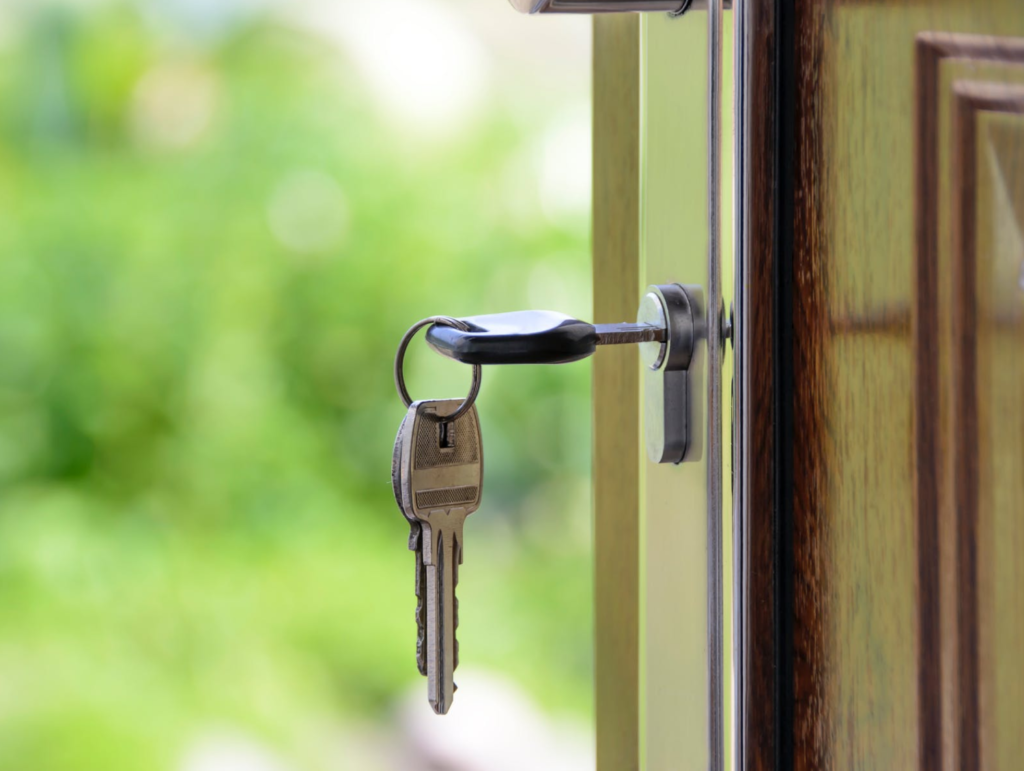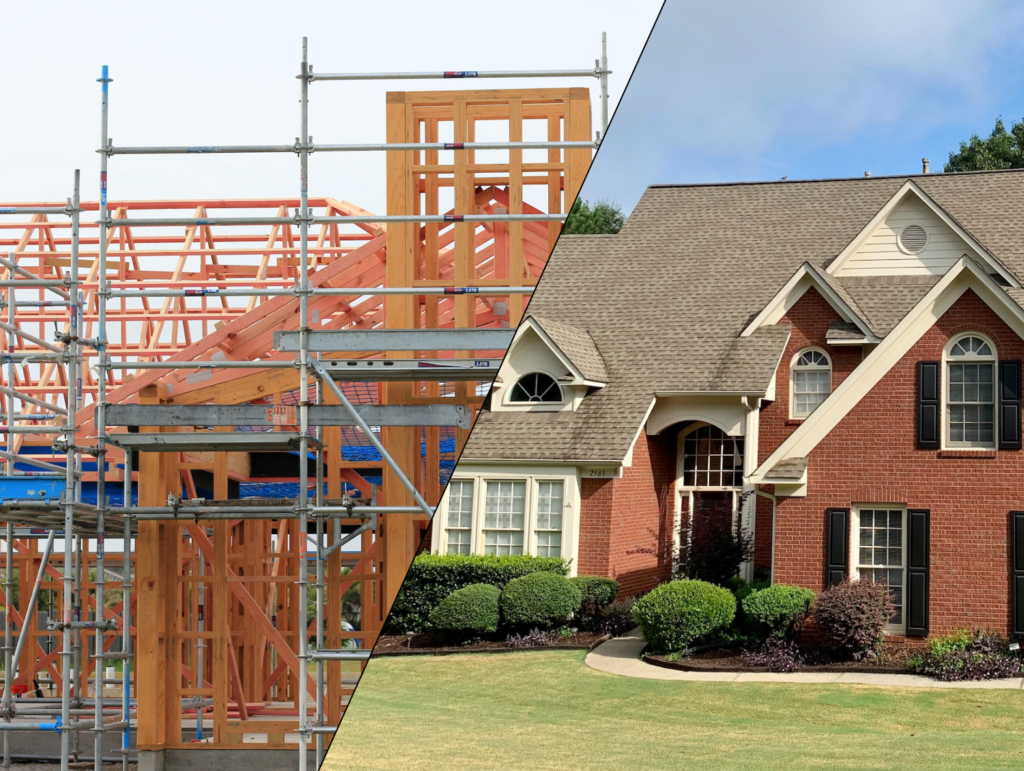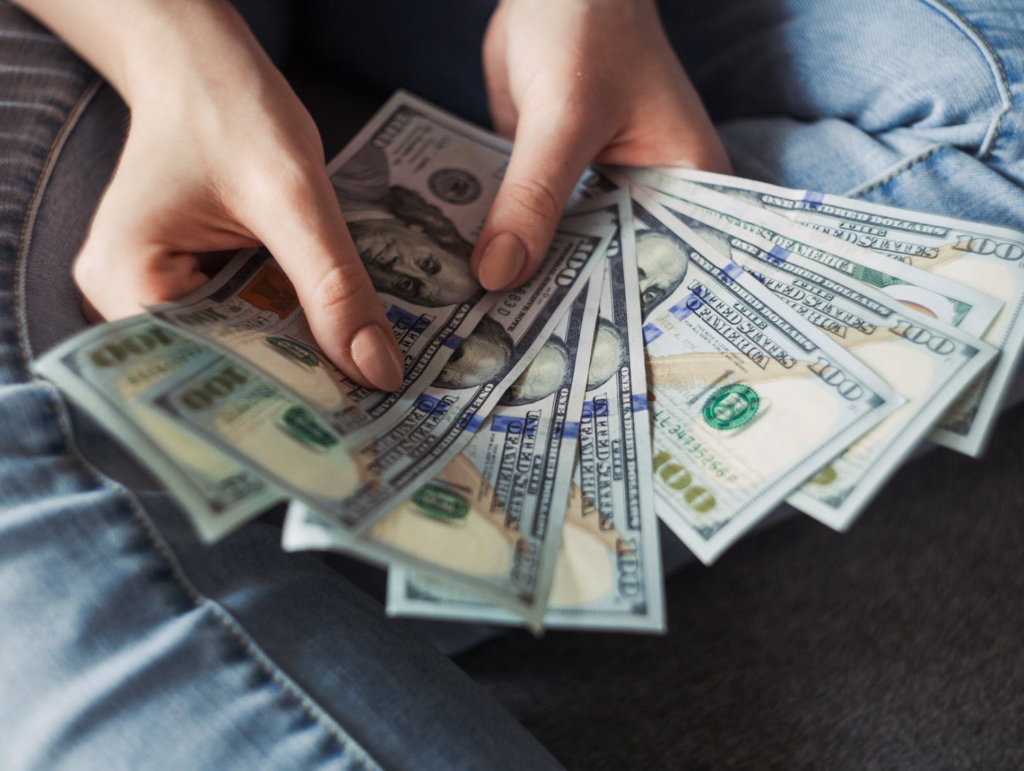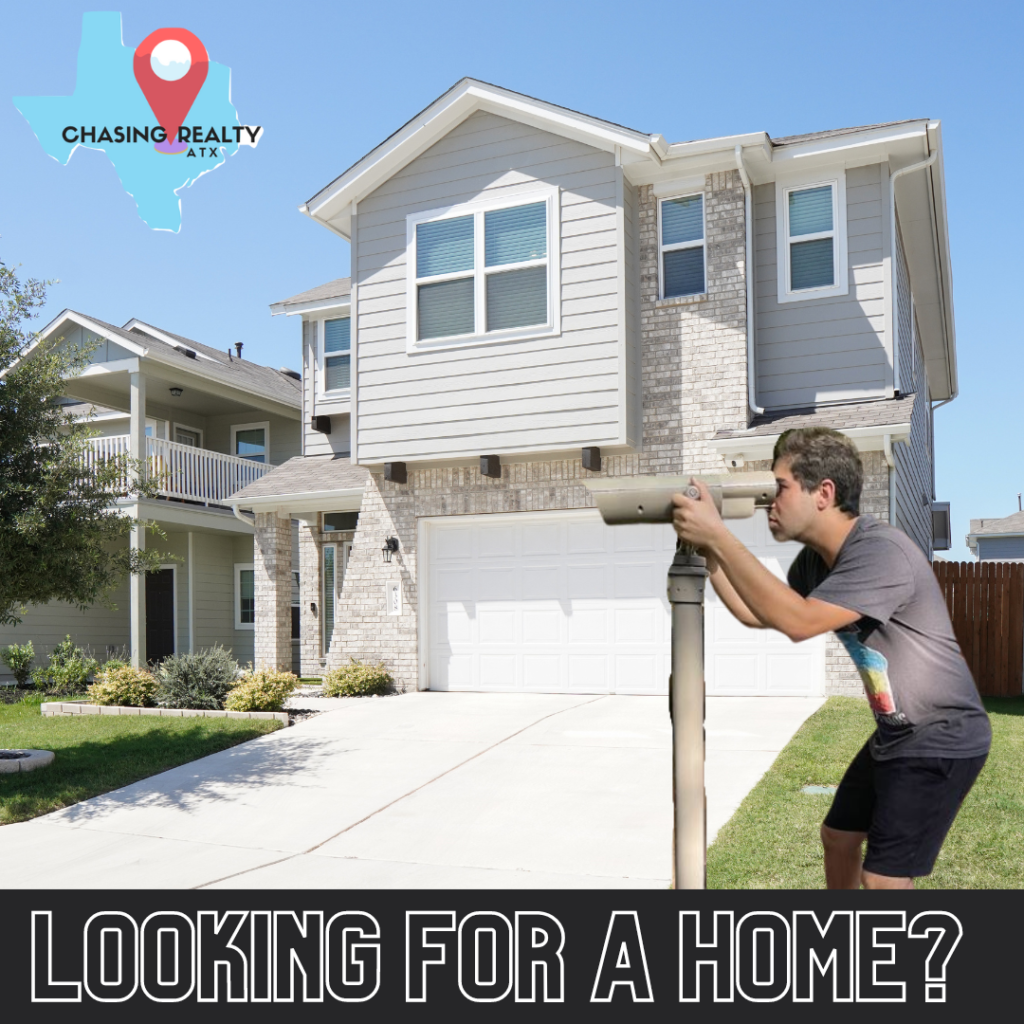Ready for your home to actually belong to you? If it’s your first time buying a home, you likely have more questions than answers on how to get the process started for your eventual big move. While finding these answers on your own can feel overwhelming, Chasing Realty Group @ All City Real Estate is here to answer your real estate queries so that you can dive into the market confidently — and get those new keys into your hands.
— Is now a good time to buy?
I will be using the same answer for every buyer as I did last year and will next year. The best time to buy is when you are ready for the additional responsibility of ownership, can afford the monthly payments of the property, and like the property enough to be there for 3 years minimum. If you have all that, it’s a great time to buy. We don’t buy homes to daytrade them, or sell them the same year.
 — How much of a down payment should I put down?
— How much of a down payment should I put down?
Most people who are buying a primary residence are putting down 5%. I recently purchased my own house and when my lender broke down the monthly difference between putting down 5%, 10%, and 20%, it just made the most sense to keep the extra cash on hand. That being said, investment and vacation properties (any property you are not the primary, full-time resident of) will start with a 15% down payment.
— What is mortgage insurance?
Mortgage insurance is the bank’s safety net so in the case you default on paying your mortgage, they can still get reimbursed. If you’re putting down under 20% on your downpayment, you’ll be paying mortgage insurance (PMI) until you’ve paid down 20%.
— What hidden costs should I know about?
Closing costs are the big cost that most people aren’t expecting. On top of your downpayment, I would have at least 2% of your purchase price saved for closing. You’ll be paying for title insurance, attorney fees, pre-paid taxes, pre-paid homeowner’s insurance, and HOA transfer costs.
On top of that, ongoing monthly, I was not prepared for the home maintenance/upkeep/living costs! Utilities are much more in a house than a small apartment, things will constantly need to be fixed, and the grass will need to be mowed!
— Why don’t I just keep renting?
That’s a great point, because I personally don’t believe everyone wants to be an owner. Money aside, there’s a lot of commitment and responsibility required to own a home. With that being said, here are the main motivations for buying:
- Customizing your home
- Building equity with each payment
- Appreciation of the property
- Tax deduction advantages of depreciation and mortgage interest
- No more rent hikes
- Use part of the space to rent to someone else
- No more moving!
— Should I wait for prices to drop to get a deal?
A famous motivational speaker, coach, author, and businessman, Tim Grover, says “If you think the cost of winning is high, just wait until you get the bill for regret.”
Home values ebb and flow up and down all the time, currently as I’m writing this, they’re down. That being said, similar to stocks, it’s a yoyo on a staircase. Housing prices have only gone up historically since the beginning of time, and they will continue. I can say with certainty that in 10, 20, and 50 years, people will still need a place to live, and that Austin’s population will only continue to grow.
If you bought a house 2 years ago, you’d consider that a deal now. If you bought a property 10 years ago, you’d consider it a STEAL now.
So while prices will drop periodically, they’re dropping from a higher point than if you bought today.
— Do I need to have a great credit score? Can I qualify for a loan without credit?
You’ll get the best interest rate if you have a score above 740, and will still qualify for a conventional loan if over 650. Between 500-650, you’ll probably be looking at an FHA loan. There are some different loan types, based on bank statements, rental potential of the property, and loans from private individuals that all may be able to work with you without credit; regardless, it’s going to be tougher.
— How do I know how much of a mortgage I can afford?
Better question for a loan officer (and I have some great contacts in that category). There’s a few sites where you can put your income and debt into an estimating calculator, but in short, you’ll need to earn about 3x the cost of the monthly payment + your existing debt payments (student loans, car, credit card, etc).
— Let’s talk cash. How much cash do I need in my bank account to purchase a property?
Let’s take an example purchase price of $500,000. That would be a minimum $25,000 downpayment, and I would expect another $10,000 in closing costs. So $35,000 could comfortably get you a house. There are some situations where you could get a loan with a lower downpayment, or have the seller assist with closing costs, but I’m going off of the normal route.
Want to get started on your homebuying journey?
Whether you’re ready now, or a year away, it’s time to strategize. chasingrealtyatx.com/buying
— How do I estimate property taxes?
Most of Travis County is going to be 2.12% of your home value. You can always check each individual address by typing into the Travis County Appraisal District (TCAD) website, or ask your realtor!
— What does homestead mean for my taxes?
Simply that you live in the home as your primary residence. You will get property tax benefits for claiming homestead exemption too (such as having a max % the county can raise your taxes each assessment).
— How do I make sure I’m getting a good deal?
Before I let any buyer submit an offer to purchase a property, I will send them a sheet of comparable sales and show the trends of price per square foot in their area. This will allow me to help guide them by saying “the market value of this home is ___, I would suggest you offer no more than ____.”
Other than that, if you’re getting a loan, your mortgage company will require an appraisal be conducted before closing. That appraiser will determine the value of the property and if you did not submit an “appraisal waiver,” should it come in under your purchase price, you have the opportunity to back out (or re-negotiate the with sellers).
 — Is there a way to estimate how much the area will grow?
— Is there a way to estimate how much the area will grow?
It would be a dangerous game for an agent like me to give you a certain answer on what to expect regarding future appreciation of different areas, but this brings me to economics. If you read in publications like Austin Business Journal that an area is getting a major new commercial development (St. Elmo, Velocity ATX, Tesla Factory, Samsung Factory, San Marcos film studio, etc.), those are areas I’d place bets on! People like living near the action, whether it be work or play, and those rental prices and home values will increase because of it.
Should I consider a new build or a resale?
This is a subjective question, because it will depend on your objectives.
- Pro’s of resales: Character, established community, mature trees, larger lot size, generally closer to the city, you can purchase and move in much faster, you may be able to avoid having an HOA.
- Con’s of resales: The house is likely going to have repairs to be made, there is no warranty on the structure or mechanics of the house.
- Pro’s of new builds: The home generally will come with a 5-year “bumper-to bumper” warranty and a 10-year foundation warranty. The home won’t need repairs when you buy it (and if it does, the builder takes care of them). You get to sign a contract at today’s price and that price stands firm even if the home takes a year+ to complete and is worth way more later. There’s usually amenities like a community pool, playground, and gym.
- Con’s of new builds: You’ll sign a contract then wait for what feels like forever! There’s less flexibility in inspections and closing dates. Your closing date isn’t guaranteed. Usually they are being built further from the city and you’re getting a smaller lot size.
 — What is the process for getting the home inspected?
— What is the process for getting the home inspected?
Easy one. I will recommend an inspection company and help you schedule them as soon as you go under contract. They’ll take about an hour + an hour per 1000 sqft in the home to inspect it, then at the end, the inspector goes over the report with you. Buyers get the opportunity to go back to the seller after and request repairs or credit to make up for the damages and hazards in the home.
— Do I want to buy a home warranty, and what is that?
I recommend it enough to buy one myself. While a home warranty doesn’t keep your appliances from breaking, it gives you one number to call and one small service fee per repair to have a company come fix something. Whether you have a problem with your A/C, plumbing, appliances, etc, it’s like having a handyman on call.
— What else should I think about with my first home?
I always suggest to my buyers that we go see a few homes right off the bat so I can get a sense of what they’re looking for. Then, I’d recommend you make a list of the must-haves and describe your ideal home. That helps narrow it down. Remember, the location and floorplan are the most important item, anything else can be renovated/changed.
— What’s the first steps to buying?
- Step 1: Let’s have a videochat so I can learn about you, your goals, and we can talk about the budget and homebuying roadmap.
- Step 2: Getting you pre-approved for a loan. Once you have an intro conversation with a lender, give them your income documents to prove your income, and get a letter of pre-approval, we are ready to roll!
- Step 3: We start seeing homes!
For more questions, contact Chasing Realty Group @ All City Real Estate.
chasingrealtyatx.com/buying




